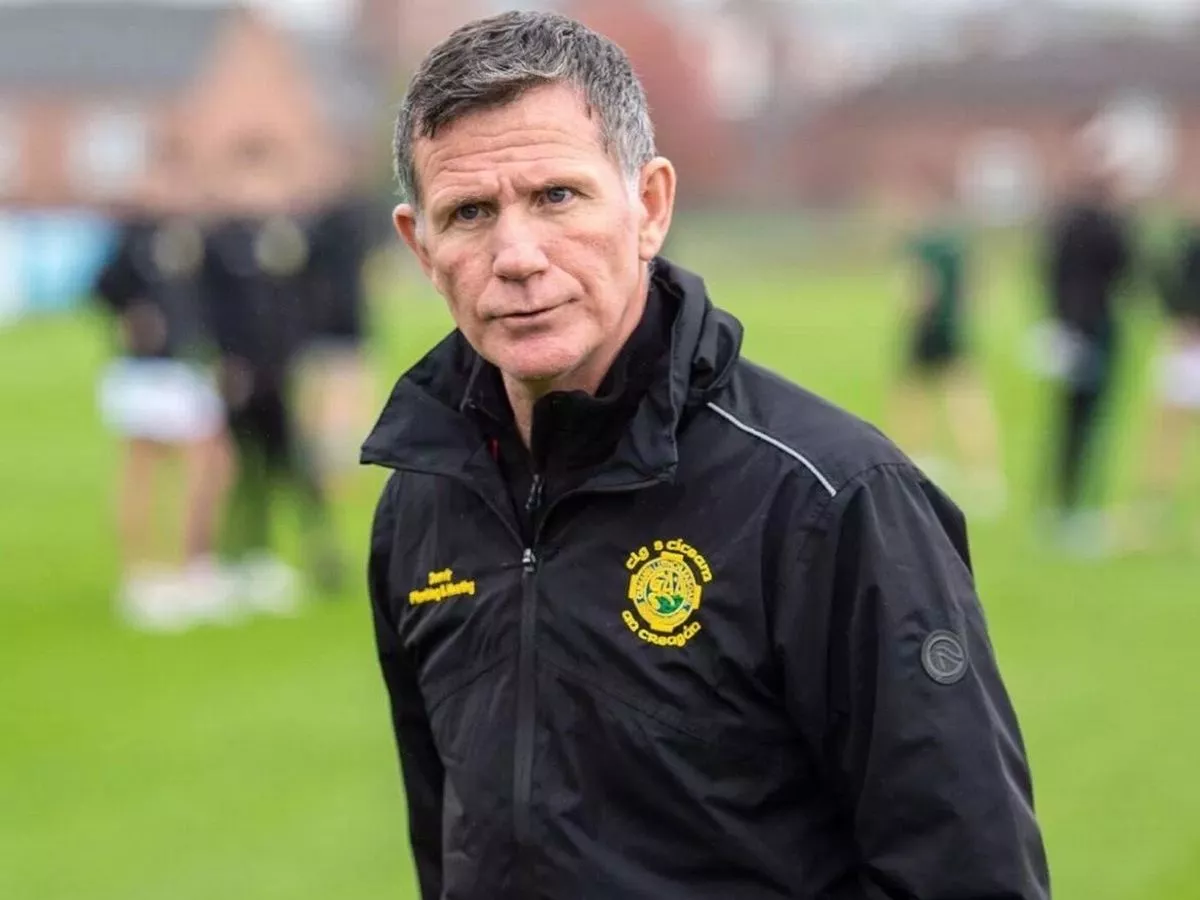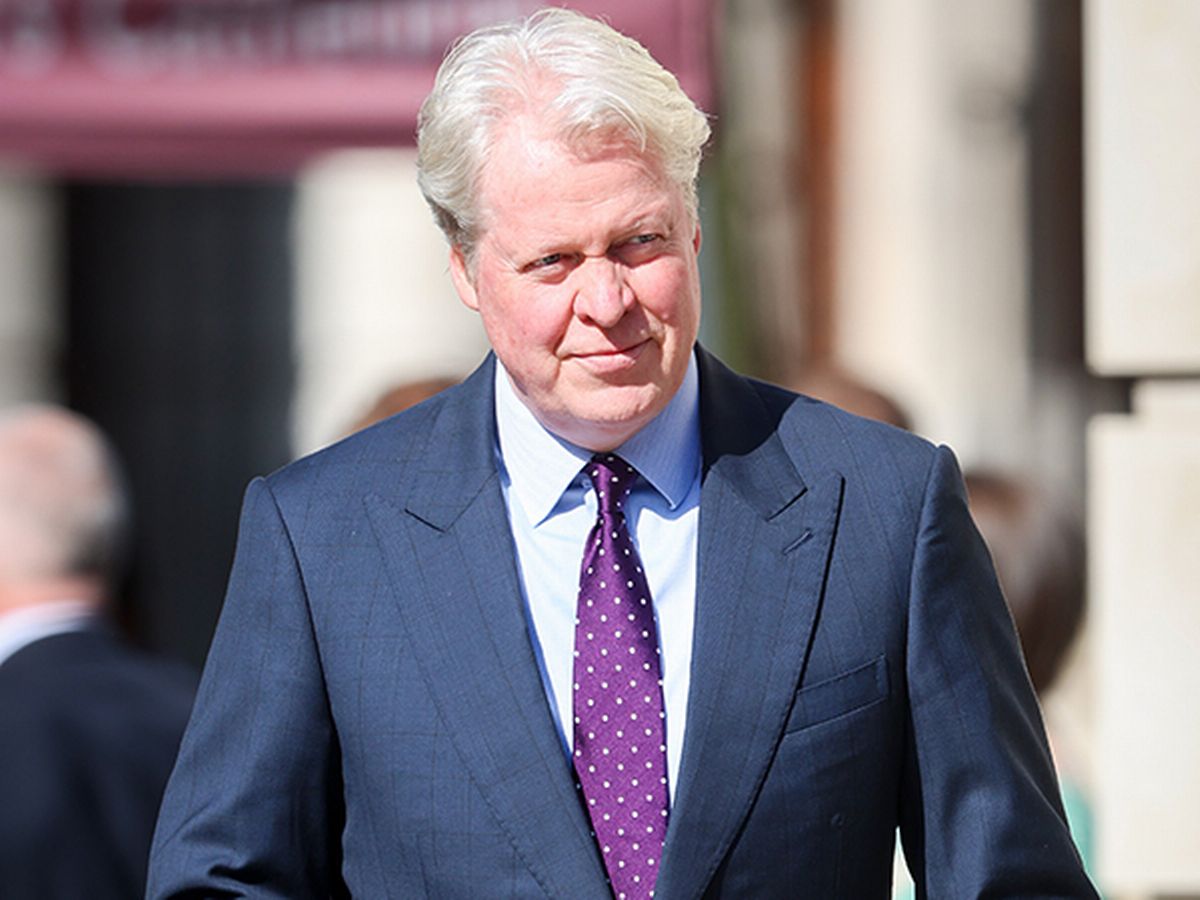Copyright belfastlive

One Northern Ireland foster parent is calling for more men to consider fostering to not only change outcomes for young people, but to also challenge traditional ideas of masculinity and make a life-changing difference to children who need a loving family home. Gerard McNulty fosters with Foster Care Associates (FCA) Northern Ireland and says the experience of caring for children has changed his understanding of strength, fatherhood and men's mental health . With over 80% of foster carers in Northern Ireland still women, Gerard believes more men in fostering could make a life-changing difference to children who need positive male role models. He says fostering is also a great way to show men that it's okay to open up, be communicative and take time for your own wellbeing. The McNulty family have drawn on their own experiences and childhoods to help the children they care for and want more men in particular to consider how their own experiences could help positively shape the lives of children and young people in Belfast and across Northern Ireland who need a stable, loving and supportive home. Fostering since February 2021 alongside his wife Siobhan and three children, Gerard said: “Fostering can really change how someone sees fatherhood and masculinity because it changes the idea of only being strong or tough to being more patient, understanding, and just being there for a child. “Being a foster parent has made me realise that being a dad isn’t just about providing or setting rules—it’s about offering emotional support and making sure a child feels safe and cared for.” Fostering is still seen as a largely female role, with statistics from fostering charity The Fostering Network showing that in 2024, 82% of foster parents in Northern Ireland were women, but Gerard believes men have a crucial role to play in the care system. “There’s a stereotype that fostering is a maternal role,” said Gerard, “But a supportive male figure can be life-changing for a child. Especially one who’s had negative experiences with men in the past. Male carers show that masculinity can mean being kind, present, and emotionally open.” Life as a foster dad has helped Gerard talk about mental health in a safe and open way benefitting not just the children in his care, but him and his family too, and he believes that men should feel inspired by foster care to start having the more difficult conversations. He said: “Men’s mental health goes way beyond just visiting a doctor. I feel it’s about having good everyday habits, support systems, and not conforming to traditional stigmas. “This means learning to express emotions, recognising when stress is building up and admitting it, and finding healthy ways to cope, whether that’s through talking to friends, exercising, creative outlets, or just taking time to reset. “I feel the most important thing is building strong connections with people who listen to you and offer their advice based on their experiences. “Previously, men were expected to 'tough it out' or 'stay silent' about struggles, but prioritising mental health means recognising that strength is about knowing when to ask for help when you need it.” The Fostering Network says almost 4,000 children are living with foster families in Northern Ireland, 3,140 of which are in foster care. There are approximately 3,009 foster families in Northern Ireland, and there is always a need for more foster families. In the last five years, the number of children in care has risen by 15% while the number of children in foster care has jumped by 21%. Ciara Doyle, the registered manager at FCA Northern Ireland, says men can make an incredibly powerful impact as foster parents: “We’ve seen first hand how the foster parent assessment process and training can be really helpful to foster dads too. “We have foster dads who are the primary carer, those who are single, and those who are part of the LGBTQIA+ community all making a wonderful difference to our children and young people and would love to see more men getting involved to change a child’s life.” Gerard grew up in a large family which he says helped him make the decision to foster: “I understand some of the struggles the children go through when it comes to socio-economic difficulties, but having a large family around me made the experience easier. I wanted others to experience the stability of a family home, and so fostering was always something we had on our minds.” The team at FCA is encouraging anyone interested in fostering to get in touch by visiting the website here or calling 0800 098 4138. For all the latest news, visit the Belfast Live homepage here and sign up to our Be lifestyle newsletter for all the latest showbiz, fashion, beauty, family features and more.



